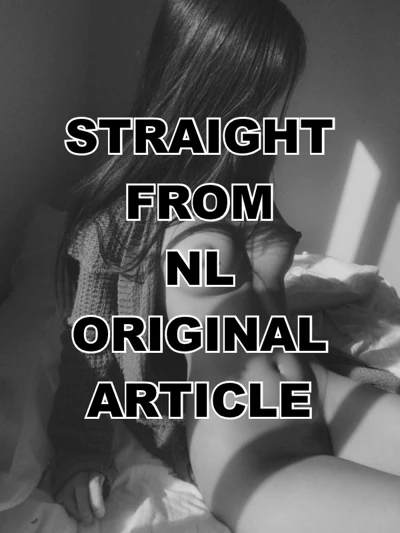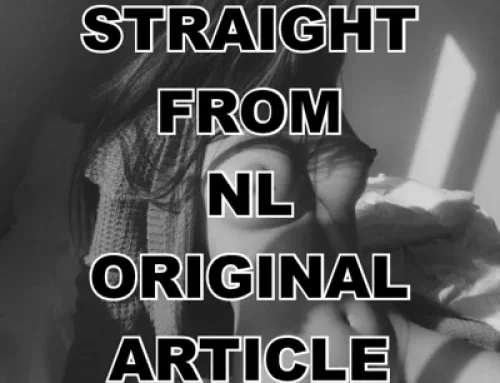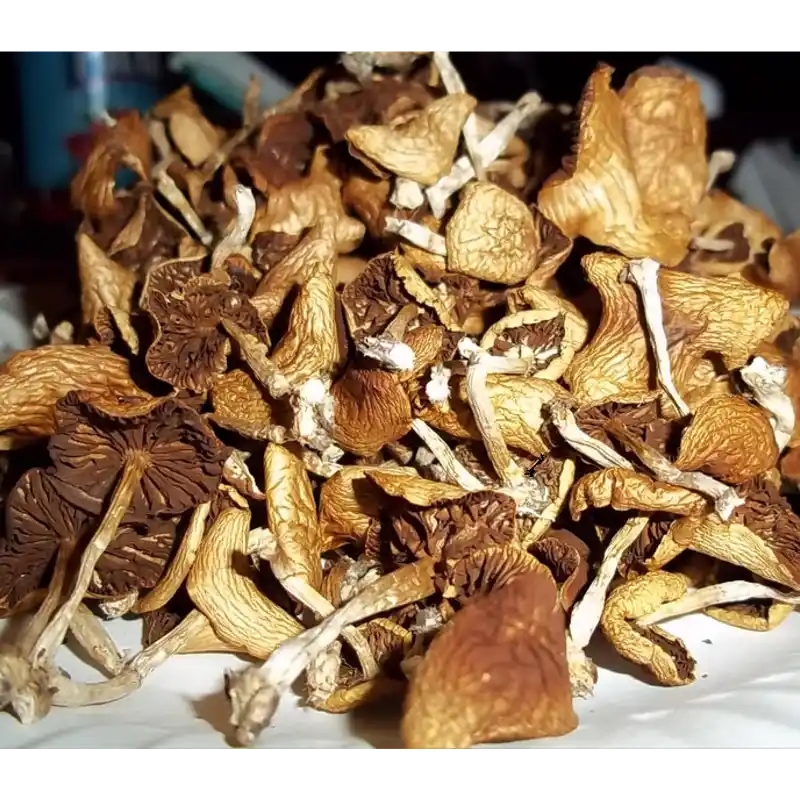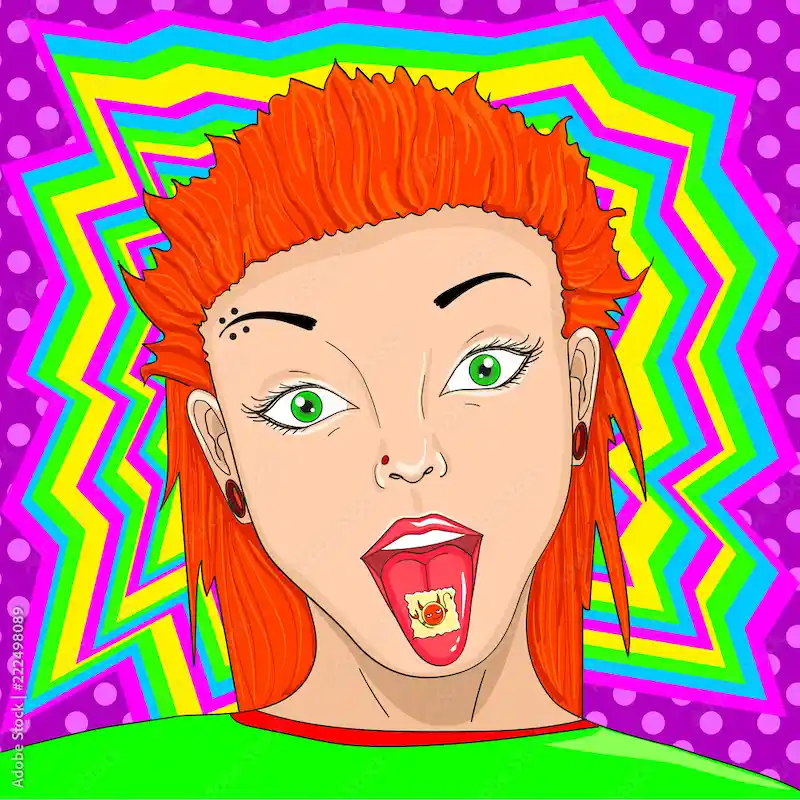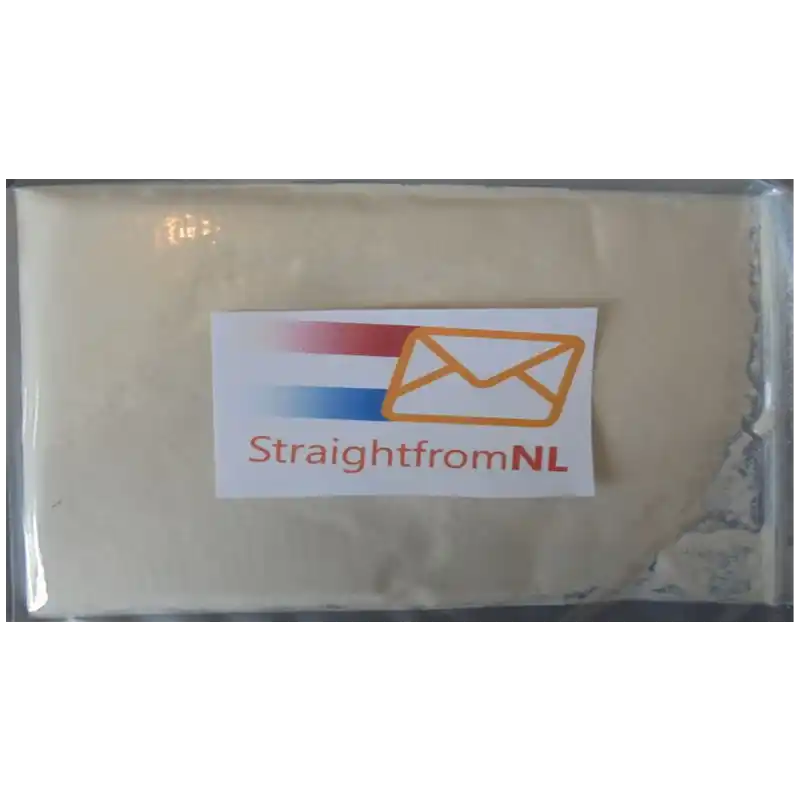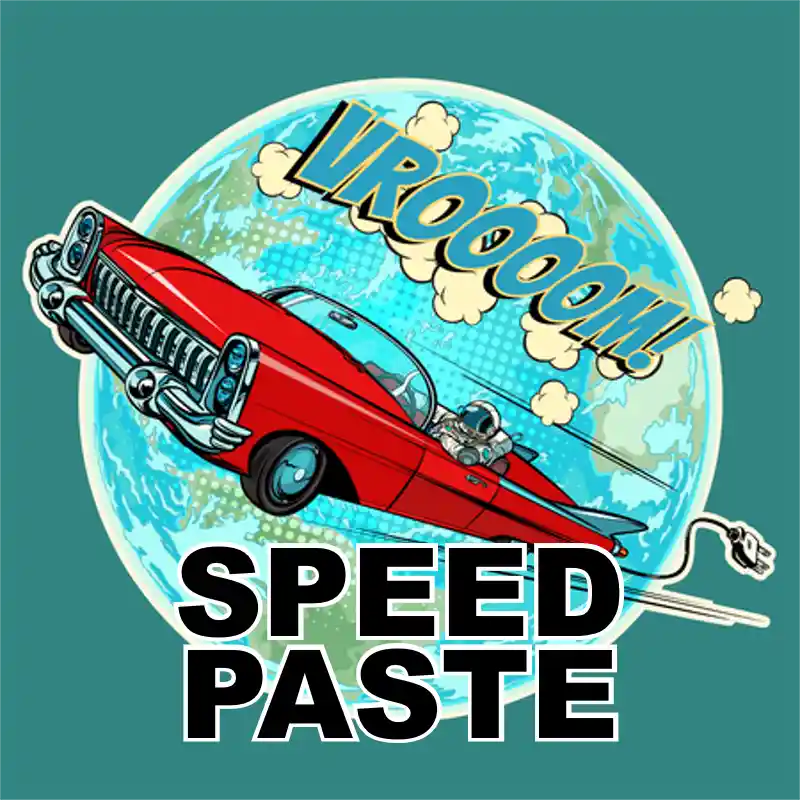Drug Laws and Regulations in the Netherlands
The Netherlands has a unique approach to the regulation of drugs. Despite the fact that the possession and use of some drugs are illegal, the Dutch government has chosen to focus mainly on prevention and education when it comes to drug policy. Rather than strictly punishing drug users, the Netherlands has adopted a more liberal approach that allows for the possession of small amounts of some drugs, as well as regulated sale and distribution in some cases.
The Dutch government classifies drugs into two categories: hard drugs and soft drugs. Hard drugs include substances like heroin, cocaine and amphetamine, while soft drugs include cannabis and hallucinogenic mushrooms. The possession of hard drugs is still illegal in the Netherlands, and is subject to criminal prosecution. However, the possession of up to five grams of cannabis (or the equivalent in hashish or marijuana plants) is considered a “tolerated” offense and is not prosecuted, although police may confiscate the drugs.
The sale, cultivation and distribution of soft drugs is allowed in the Netherlands, but is strictly regulated. The government issues licenses for the sale of cannabis in registered coffee shops, and for the cultivation of cannabis for personal use. These regulations have been in place since 1976, and have been successful in reducing the rate of drug use among young people.
Overall, the Netherlands has a relatively tolerant approach to drugs, focusing more on prevention and education than criminalization. While the possession of hard drugs is still illegal, the country has taken a different approach to soft drugs, allowing for their possession in small amounts and their sale and distribution in certain cases. This approach has proven successful in reducing the rate of drug use among young people, as well as reducing the amount of drug-related crime.
Meta
